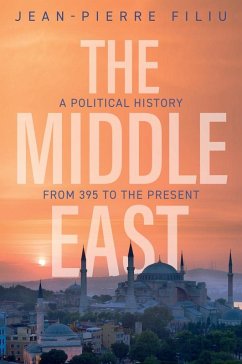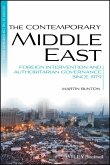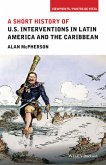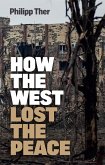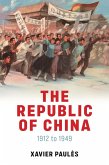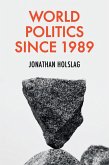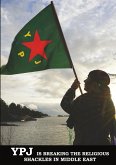Dieser Download kann aus rechtlichen Gründen nur mit Rechnungsadresse in A, B, BG, CY, CZ, D, DK, EW, E, FIN, F, GR, HR, H, IRL, I, LT, L, LR, M, NL, PL, P, R, S, SLO, SK ausgeliefert werden.
Sara Roy, Center for Middle Eastern Studies, Harvard University
'Jean-Pierre Filiu's The Middle East is a comprehensive exploration of the region's political history. The book provides a masterful account of the power struggles, foreign meddling, and local aspirations which have shaped the Middle East over nearly two millennia. Rigorous analysis and unbiased perspective make this book a must-read for those who seek to improve their understanding of the region's past and present.'
Leila Fawaz, Tufts University
'Jean-Pierre Filiu's conceptually novel approach is matched by his compelling analysis and command of the material. Covering some fifteen centuries of an eventful history, this longue durée account demonstrates why the region's distant past matters at least as much as the its recent history. It also gives the general reader convincing grounds as to why, beyond its recent colonial legacy, the term "Middle East" historically makes sense.'
Abbas Amanat, Yale University
'There are several histories of the Middle East. The main distinctiveness of Jean-Pierre Filiu's contribution to the field is its emphasis on the peoples' agency. Here is a history that doesn't claim bird's-eye neutrality but proclaims its empathy with the emancipatory struggles of the region's populations.'
Gilbert Achcar, author of The People Want: A Radical Exploration of the Arab Uprisings
'[Filiu] possesses a deep and genuine knowledge of the region that allows him to navigate its vast expanse of history, geography, and culture.'
Chris Doyle, New Arab
'compelling'
The Critic
'ambitious'
Times of Israel

